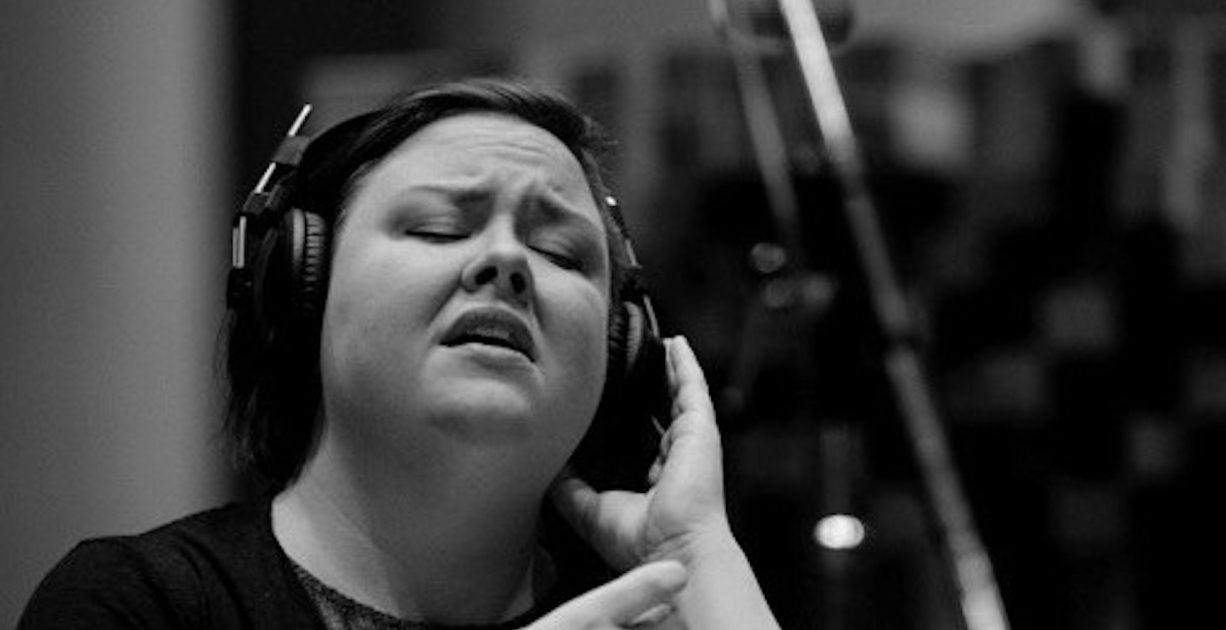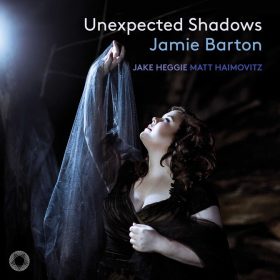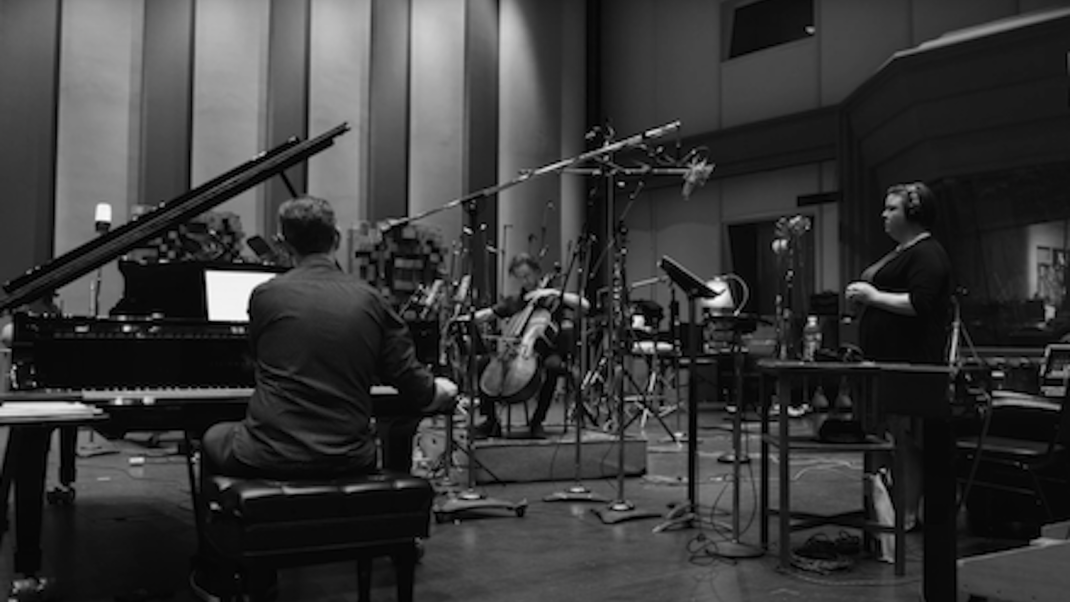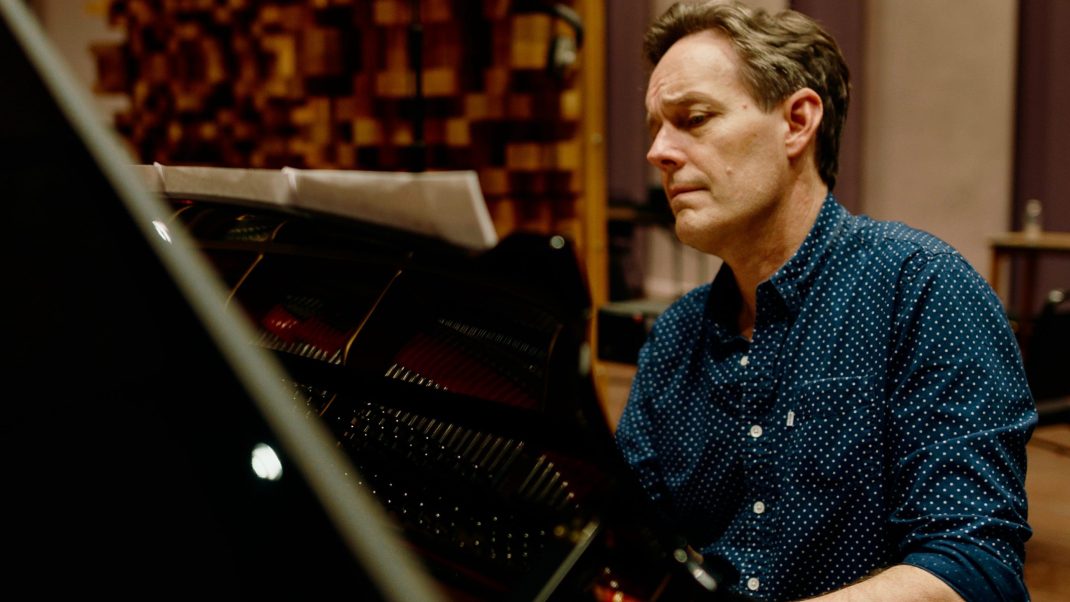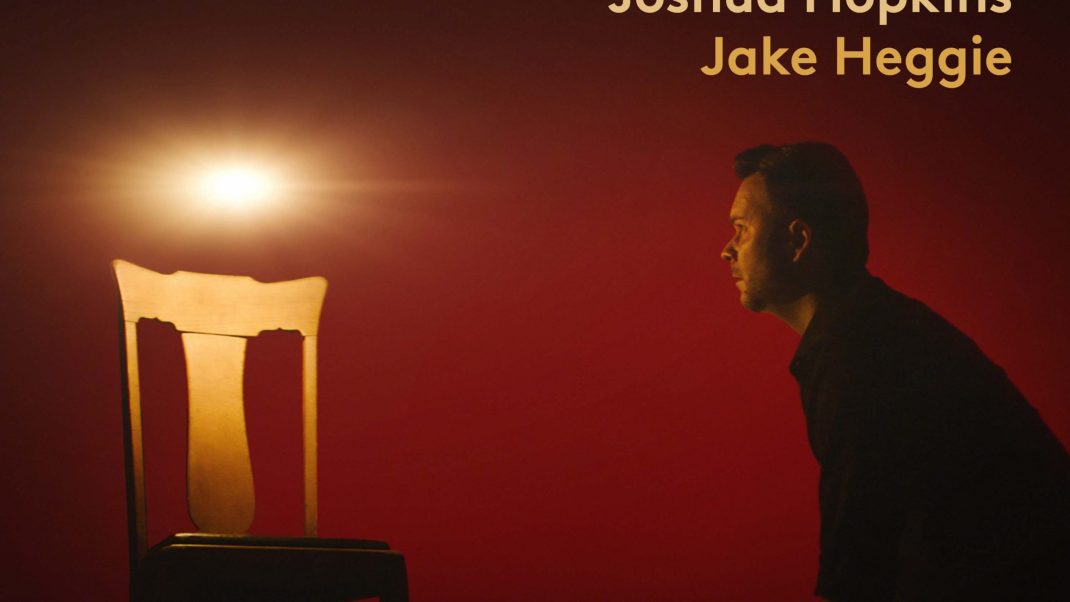Jamie Barton’s all-embracing talent – her powerful presence, her spectacular vocal equipment – has a whole lot of Heggie to get hold of here. But there’s a whole lot of motivation, too, a bevy of inspiring women waiting patiently in the wings or, as the album title would have it, the ‘Unexpected Shadows’ of this collection.
“Unexpected Shadows,” performed by Matt Haimovitz, Jake Heggie, Jamie Barton, is Gramophone Editor’s Choice! Read the full review below!
Jamie Barton’s all-embracing talent – her powerful presence, her spectacular vocal equipment – has a whole lot of Heggie to get hold of here. But there’s a whole lot of motivation, too, a bevy of inspiring women waiting patiently in the wings or, as the album title would have it, the ‘Unexpected Shadows’ of this collection. Barton has sung Heggie before, of course (they first met at the Houston Grand Opera studio in 2008), and indeed collaborated on the song-cycle The Work at Hand featured here.
She also, in 2019, sang Sister Helen Prejean in his masterpiece Dead Man Walking and it is an adjunct to that opera – ‘Music’ from The Breaking Waves, texts by Sister Helen – that opens the disc and indeed breathes the music of life into the poetry and microcosmic dramas enshrined here. Sister Helen’s realisation that she could share music (cassette tapes) with one of her death-row inmates was a humanising gesture intended to be both healing and transformative. It was. But just listen to how Heggie sets her words beginning in ‘solitary confinement’, as it were (voice alone), but soon seeking and finding an expressive melisma on the word ‘music’. That’s the spirit of the text right there in a handful of notes.
At the risk of repeating myself, Heggie’s way with music, the way in which his choices unlock and intensify the poetry and drama of the words, is consistently illuminating, full of surprises. Sensibly he holds true to his chosen collaborators, his wordsmiths – such as Gene Scheer, who knows Heggie’s musical ways so intimately that his words almost imply the music before it evolves. Iconic Legacies: First Ladies at the Smithsonian pulls focus on iconic objects with indelible connections to First Ladies of the White House. The fur coat Marion Anderson wore when she sang on the steps of the Lincoln Memorial – a landmark civil rights event facilitated by Eleanor Roosevelt. Or Jackie Kennedy’s pink Chanel suit which Scheer and Heggie turn into a tiny operatic scena, the ‘before’ and ‘after’ of the Dallas motorcade. Jackie is writing Christmas cards; she asks JFK what she should wear … And ‘once upon a time’ Barbara Bush and the Muppets launched a campaign for childhood literacy: ‘an alphabet of riffs and dreams’ woven from Jim Henson’s head. What’s to resist?
I personally love Statuesque (Scheer again), not just for the opportunity it affords Heggie to explore his fascination with the ‘movement’ of sculpture – five iconic statues of women in this case – but because he and Scheer can peel away at the stories behind them. Heggie brings more than a hint of jazzy irony to the fluid evolving form of Henry Moore’s Reclining Figure – ‘I am a mystery to myself’ – and Picasso’s Head of a Woman elicits a tiny scene of pithy concision: ‘You have an interesting face’. ‘Hatshepsut: The Divine Potter’ tenders an ebbing motif reflecting the shifting sands from which the Queen Pharaoh surveys the passing centuries and there is wonderful musical irony in the fleshiness of the setting depicting Alberto Giacometti’s emaciated Standing Woman 1948. But when I speak of drama and humour there’s no underestimating what a stage animal such as Barton can bring to a setting like ‘Winged Victory: We’re Through’. Actually it’s more a tirade. Exasperation from the statue who wants to be known not studied: ‘Since you don’t even seem to notice or care I don’t have a head. No head!’ It’s an appetiser for Barton, of course, but she gives us the whole meal, if you catch my drift.
I began speaking about Barton’s involvement with The Work at Hand and her ownership of it is testament to that. The poet here was Laura Morefield, diagnosed with terminal cancer at 47 but finding the grace and peace to fashion dozens of ‘post-diagnosis’ poems. In ‘Individual Origami’ she starts her ‘long goodbye’ by seeking folding advice. The way Heggie rises to the words ‘I want to start this project early’ is so typical of his sixth sense of knowing when the music needs to deliver emotionally. ‘Warrior I’ is thrillingly heroic, the Hebraic floridity of the vocal line finding real kinship with the solo cello (Matt Haimovitz), whose beautiful transition into the ‘other’ realm of ‘The Slow Seconds’ is one of those moments in text-setting when no words are necessary; just reflection.
Edward Seckerson

